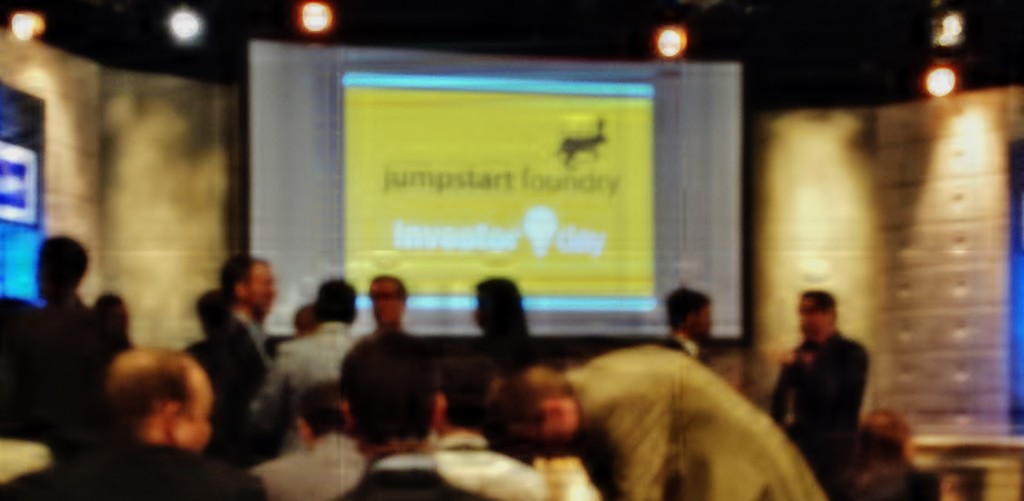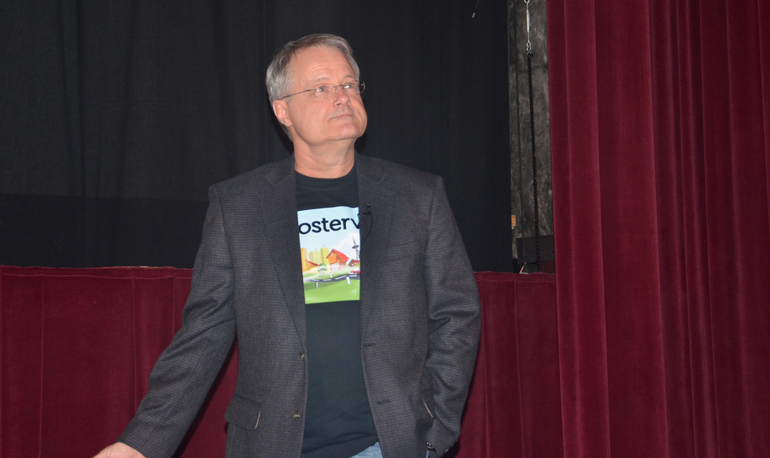There’s an accelerator bubble.
Accelerators, except for Ycombinator/TechStars, are irrelevant.
We should get rid of the Demo Day.
If you’ve been in the startup space for more than a minute, you’ve probably heard someone say something like this. Founders and startup advocates have naturally critical minds; it’s why we can solve complex problems in innovative ways. But, that also means we spend a lot of time second guessing and rethinking every single thing we do.
I’ve had my own doubts about the accelerator model, and they mimic most of the concerns people bring up. There are so many (2000 around the world). What company can really be built in 3 months? It seems that the only real success comes from the big names, so why bother with smaller, local accelerators?
But, this week I was convinced that accelerators everywhere else can be just as beneficial to companies as the more publicized YCombinator and TechStars. Yesterday I attended the Investor Day for Jumpstart Foundry, in Nashville, TN and was duly impressed with what I saw. Of course, they had the bells and whistles–cool venue, great food, open bar. But more impressive were the companies that presented.
Every company had made significant strides in the 3 month program. Most could give detailed explanations of revenue. Quite a few already had traction and are well on the way to making real money already.
Vic Gatto, founder of Jumpstart Foundry and partner at Solidus Company, is well aware of the negative perception accelerators carry.
“We’re definitely a young industry going through definitional challenges,” he told me. He talked about meetings with other accelerators around the world. The leaders of these accelerators are talking about what defines success. Is it funding? Exits? Revenue? Level of mentor networks?
By most metrics, Jumpstart Foundry is finding success. 65% of its graduates are still in business, either bootstrapping or with funding. They have over 100 mentors, and that network grows each year. Gatto insists, though, that another real metric of success will be future exits, and most of the industry is still too young to really see that achieved yet.
One mentor told me that this year’s cohort may be the best she’s seen. “And they didn’t start off particularly special,” she said. “I think that really speaks to how the program itself is growing.”
And, as far as getting rid of Investor Day, Gatto won’t be doing that any time soon.
“That pressure is important,” he said. It’s the deciding factor sometimes when a new founder is tired and wants to call it a night. With Investor Day looming, it’s easier to focus and do the hard work of a young company.
Make sure to check out Jumpstart Foundry’s latest cohort because there are definitely some companies to watch. We’ll cover some of them here on Nibletz in the coming weeks.
In the meantime, here are a few reasons we shouldn’t give up on the accelerators everywhere else just yet:
- In the life of a young company, it can be easy to let an idea go when it gets hard. Surrounding yourself with mentors and good advice in an accelerator can help you push through those first stage challenges.
- The pressure of Investor Day can give you more traction than you thought possible in 3 months.
- Accelerators everywhere else understand companies everywhere else. We’ve talked before about how companies outside of Silicon Valley are innovating in industries besides the Internet and apps. Local accelerators inherently “get” that more easily than accelerators that are used to churning out consumer-facing apps.
- A good accelerator can be a rallying point for a whole ecosystem. Yesterday in Nashville, it was a packed house. Not just investors, but anyone interested in the startup scene showed up to support the cohort.
- Even if your first company doesn’t succeed, the 3 month MBA you get by doing the hands on work of an accelerator will be invaluable to the next companies you build.
- Accelerators may not be perfect, but what is?Anything that spurs innovation is good for the local community as well as for global issues that need creative problem solvers.




